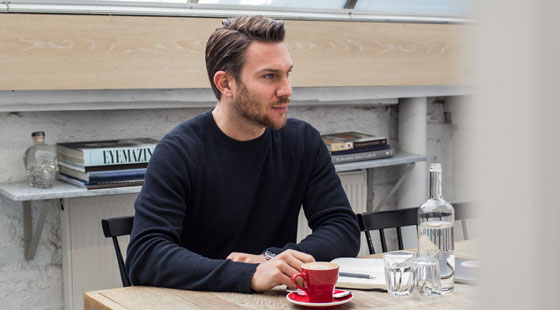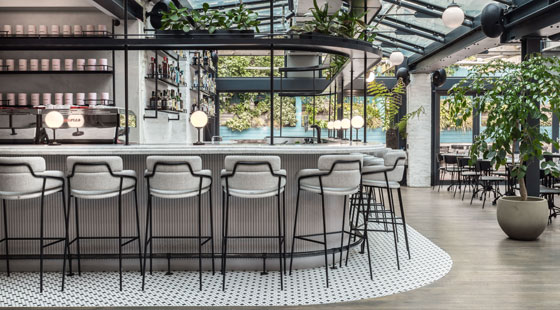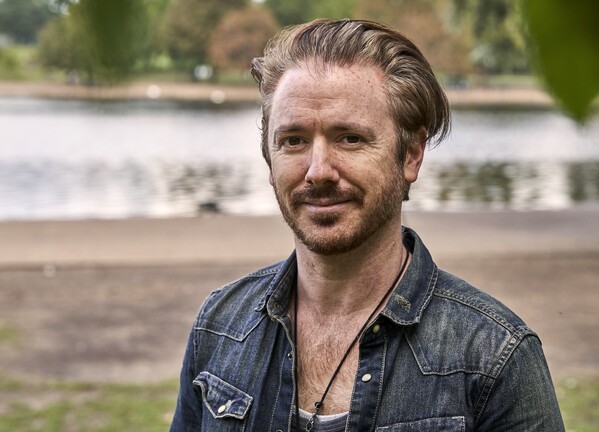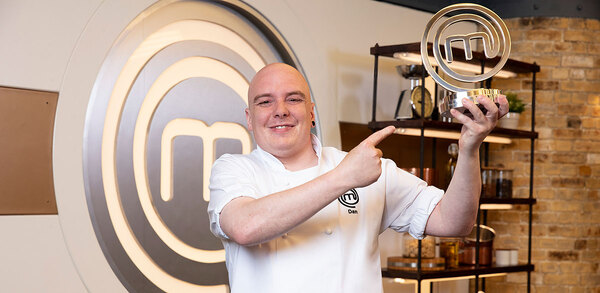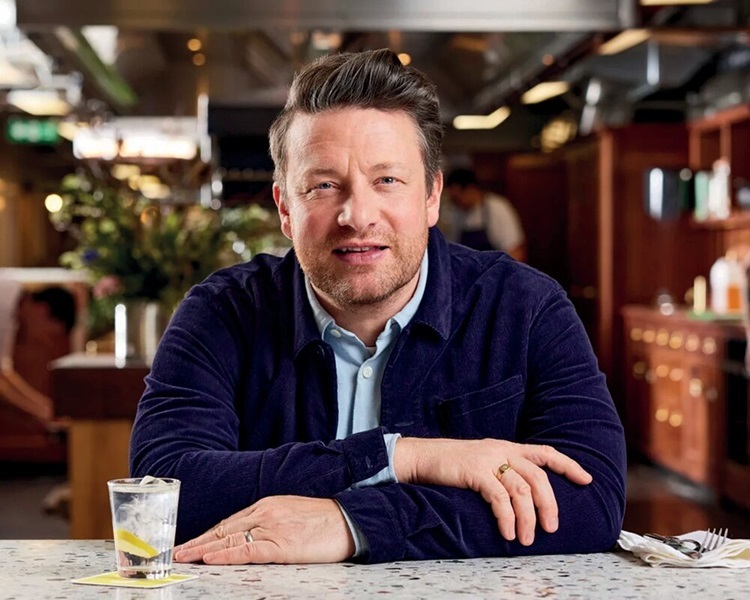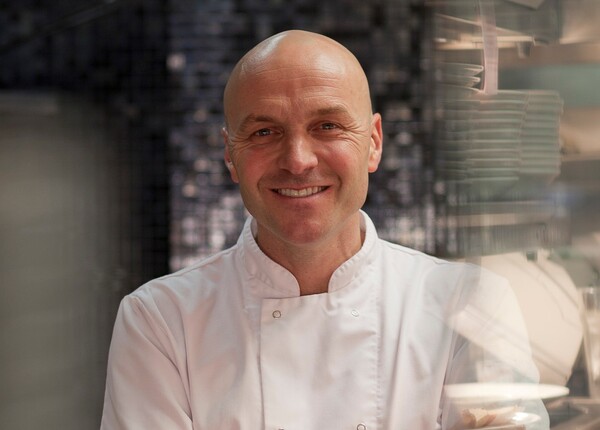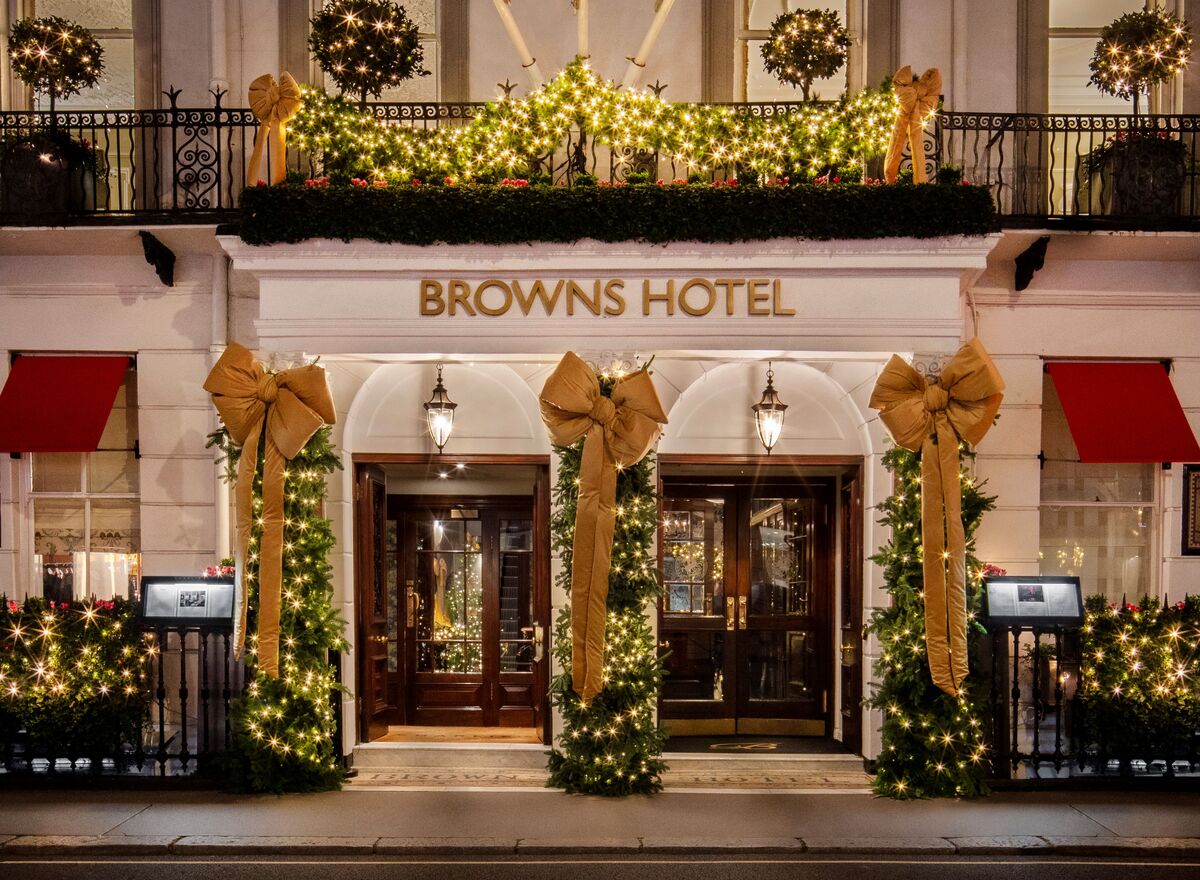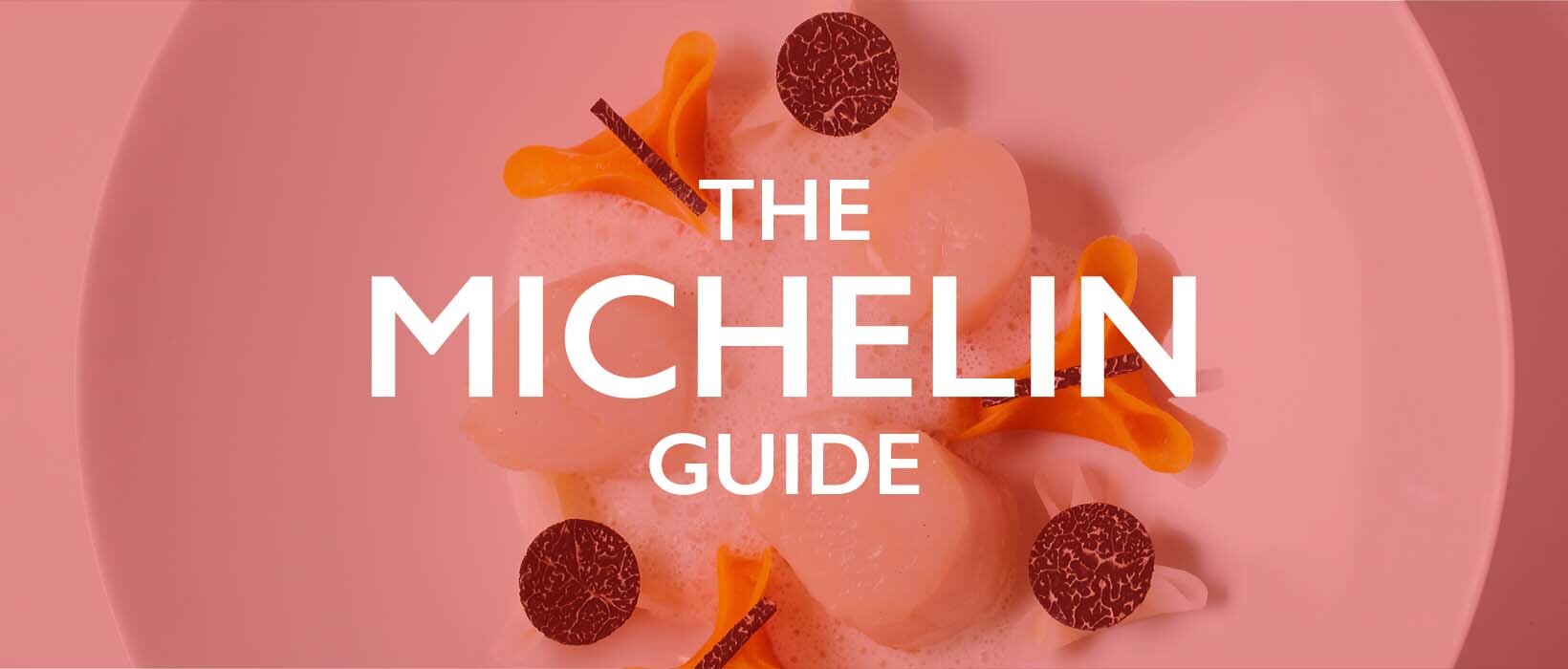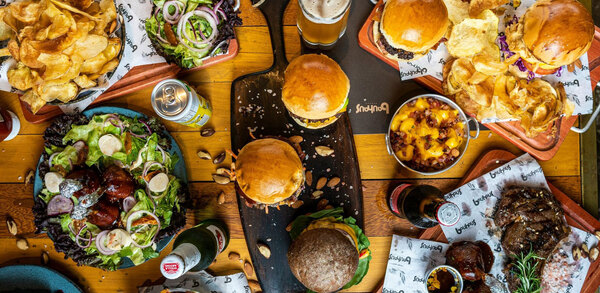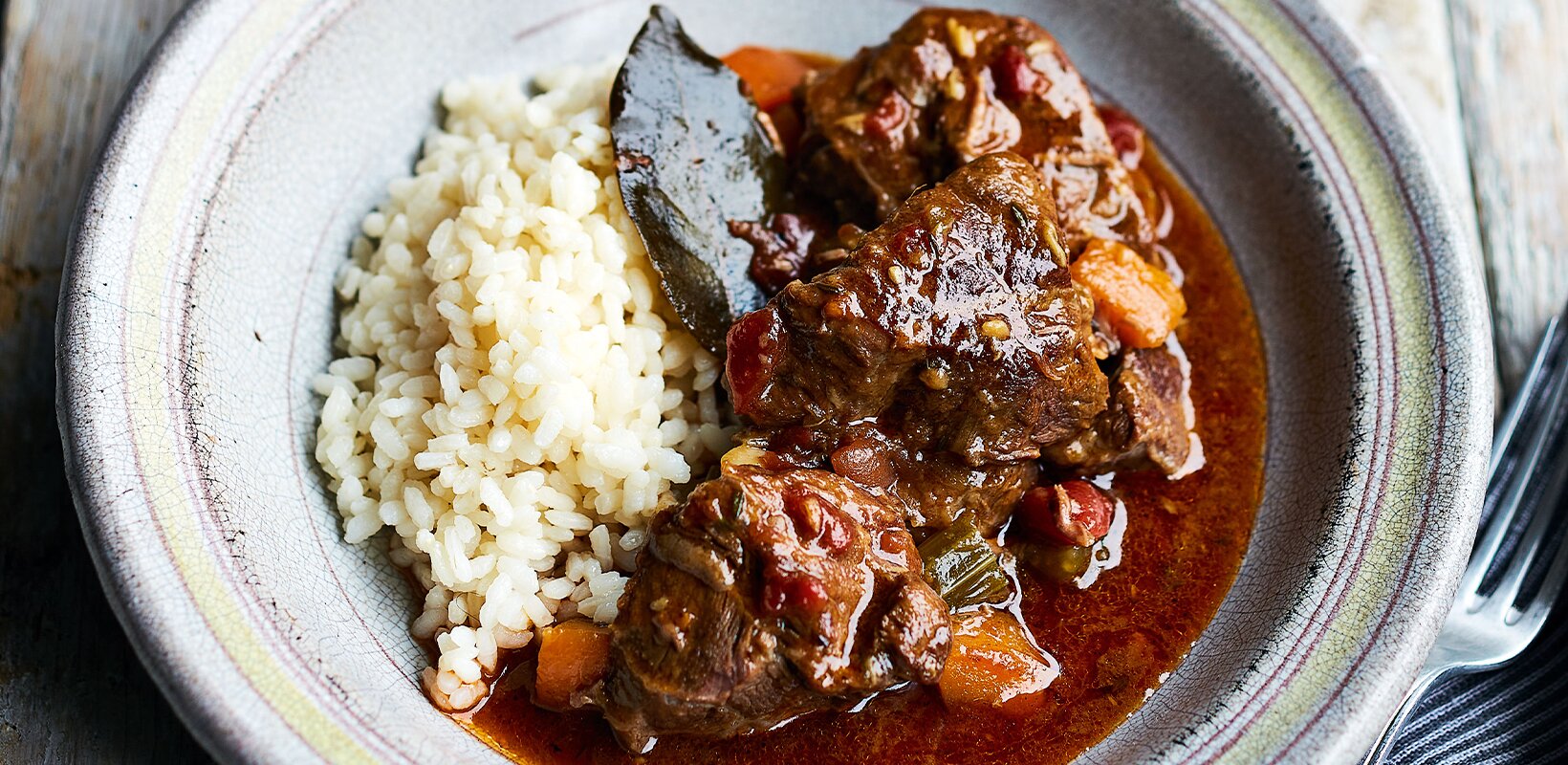From the ground up: David Abrahamovitch on the rise of Grind
Almost by accident, David Abrahamovitch has made the leap from tech entrepreneur to successful hospitality operator with the creation of coffee-based chain Grind. After three successful rounds of crowdfunding, he shares his tips on how to make it work for your business and tells Neil Gerrard why he thinks a mix of larger restaurant sites and small franchised venues in transport hubs are the future
It has all got a bit out of hand," admits David Abrahamovitch, as he reflects on the growth of Grind, the 11-strong café/bar/ restaurant group he founded in 2011 with no previous hospitality experience.
Grind. The circular brick frontage boasts a huge marquee-style sign that proclaims âSex, coffee & rock ânâ rollâ, while its windows glow with neon signs. The average customer here is considerably younger and hipper than you might expect in any of Grindâs more prosaic rivals. The pulsating soundtrack is considerably louder. Youâd also be hard-pressed to find another café/restaurant even in this part of town that boasts an international-grade recording studio upstairs.
How this caffeine-fuelled oddity landed on Silicon Roundabout before expanding to 10 other sites in the capital is an unusual story.
It started nine years ago when, sadly, Abrahamovitchâs father passed away, leaving behind a mobile phone business with several retail stores, including the Old Street site. Having worked in the store as a summer job when he was younger, Abrahamovitch was attached to it but didnât want to continue with the mobile phone operation. He already had early plans to turn it into a coffee shop or wine bar when he decided to team up with his friend Kaz James.
James achieved fame as part of dance music group BodyRockers, who scored the 2005 hit âI Like the Wayâ. He met Abrahamovitch after moving from his native Melbourne, Australia, to London, when he signed for Universal Records. âKaz really missed the high-quality Melbourne café scene, where the coffee was
an integral part of the culture â" somewhere to hang out that did amazing coffee. So when IÂ mentioned to him that I was turning my dadâs old mobile phone shop into a coffee shop, he was really keen to get involved,â explains Abrahamovitch.
Unsurprisingly, it was Jamesâs idea to fill what would otherwise have been dead space upstairs with the recording studio.
Booze boost
Initially, Grind was a side project to a venture-capital-backed tech business Abrahamovitch had co-founded after completing an economics degree at University College London. Starting off with a simple offer of coffee, pastries and sandwiches, Abrahamovitch added alcohol a year later and quickly cottoned on to the huge popularity of espresso martinis. âWe realised that when you have got amazing coffee, £20,000 of equipment and a highly trained barista and then you add vodka, you can make an amazing cocktail,â he explains.
The high-quality, all-day food offer for which Grind is now also known â" including burgers, an array of vegetable- and grain-based options, and the millennialsâ perennial favourite of smashed avocado on toast â" followed in around 2015 with the groupâs fourth site, London Grind, in London Bridge.
Cocktails now account for around 40% of Grindâs total sales, with the food and coffee each accounting for another 30%. The espresso martini still outsells all other cocktails by four to one. Each site is designed with stripped-back, yet comfortable interiors by Melbourne-based design agency Biasol.
Asked to sum up Grindâs appeal, Abrahamovitch likens it to a âpub for millennialsâ. âItâs about amazing spaces that are beautifully designed, where we employ young, interesting, cool staff, who make the best coffee in London, lots of cocktails and all-day food. Itâs simple, accessible Melbourne-influenced brunch food in the mornings and the weekend and then an accessible dinner menu to go with the cocktails. We overlay that with a killer soundtrack. The music is the beating heart to the whole thing.â
Going places
Thanks to a series of successful crowdfunding rounds (see box), further expansion is on the cards. But the focus is shifting as far as site selection is concerned. Grind currently has several larger café/restaurants, including London Grind above Borough Market, Clerkenwell Grind and Greenwich Grind (a 6,000 sq ft former Jamieâs Italian), as well as smaller café/bars like Soho Grind, Royal Exchange Grind and Shoreditch Grind. Itâs the larger sites on which Abrahamovitch wants to concentrate.
Nonetheless, there is one place where he can still see the grab-and-go format working well and that is in transport hubs. Thatâs why Grind has recently embarked on a franchising model with SSP in airports and train stations. The first franchised sites are due to open this year in London Bridge, Waterloo and Victoria stations, with a further pipeline of opportunities.
Along with its own stores opening at Southbank Place in Waterloo in the fourth quarter of this year, and a site in Canary Wharf in the second quarter of next year, the group is on course for 17 sites by April 2020. Meanwhile, Grindâs roastery, previously based at its Shoreditch HQ, has now moved to bigger premises in Elephant & Castle as demand from Grindâs stores and its coffee retail arm grows (see panel).
To help Abrahamovitch negotiate the tricky restaurant climate, he can rely on a board that includes retail expert John Ayton, chairman Diarmid Ogilvy, who has a background in private equity investment, and Jon Lake, a former non-executive director of Polpo and managing director of noodle bar brand Chopstix, who brings operational experience.
âJon has been around the industry for a long time and has been amazing, cutting through a lot of the noise,â says Abrahamovitch. âHe has got us to focus on margin, labour costs, purchasing and all the systems and processes you need
once you have grown beyond five or six sites.â
Having watched the struggles of other casual dining operators in the market,
Abrahamovitch is also keen to avoid tying the business into onerous property deals.
âWhen you see the documents coming out of some of the company voluntary arrangements, when they try to sell properties on, some of the costs are staggering,â he remarks.
âYou see businesses signing up to five-year, upward-only rent reviews, starting with a high base rent. It is only going to get tougher. We are very conscious about good-value property deals, staying relevant and not cutting corners. Customers are not stupid. If you donât give them a reason to keep coming back, then they will go somewhere else, and rightly so.â
And while he is aware Grindâs image as a small, independent brand will be difficult to maintain as the business expands, he isnât unduly concerned. âYou canât be small forever, so that just means you have to be good,â he says. âIf you look outside hospitality, some of the biggest brands in the world â" like Apple â" are the best at what they do. Unfortunately, in hospitality, a lot of the time the quality goes down as the number of stores goes up, and customers notice. For us, it is about staying true to what made us good in the first place.â
It may have started life as a side project, but Abrahamovitch has even bigger plans for the future. âI want to be a global brand,â he declares. âWe want to take Grind to key international cities and keep growing as long as it feels right. I donât want to do 100 stores in the UK. We are looking at key cities in the UK and Ireland and then we would consider Hong Kong, New York, Paris and Berlin. But we want to build a really solid foundation in London first.â
Grind â" facts and stats
Founded 2011
Sites 11
Staff 290
Turnover £13.5m (annual run rate)
Like-for-like sales growth +19% (year to April 2018), +15% (year to April 2019)
Average transaction value £20 per head (in restaurant/bars)
David Abrahamovitchâs top three crowdfunding tips
1 Do not underestimate the crowd âIt is wrong to think people will pay any valuation or will invest in anything. There is a forum on all the different platforms and the questions you get are sophisticated questions from smart people. If there is a mistake in your numbers, or if there is something you are trying to hide, they will find it.â
2 Seed the round âIt is very important to seed your funding round. You need to be raising at least 25% of your target yourself to show that you have got skin in the game and to give the whole thing momentum.â
3 Prepare thoroughly âAll three times I have raised money through crowdfunding, I have focused on little else for a month beforehand. It is an intense process, but the rewards are there if you can get it right.â
David Abrahamovitch onâ¦
â¦finding quality staff
âWe have probably invested most in our people over the past two years. We have brought in Lucy Craig, our amazing people director, who was people director at Billâs, and we have a whole team handling recruitment, retention, training and employee relations. We are also creating a new training space, the Grind Academy.â
â¦a typical customer
âWe definitely appeal to a young demographic, aged 25-40, with a slightly female bias, but we have customers from across the spectrum. Liverpool Street and Royal Exchange will be full of people in suits having breakfast at 8am and then by 9.30am there is a completely different crowd. We recruit customers in two ways â" word of mouth and Instagram.â
â¦Grindâs new retail offer
âWe launched a retail arm in December 2018 and it is going well. It is focused on our pink coffee tin â" our version of the iconic Illy coffee tin. You can buy whole-bean or ground coffee, but the main driver is our compostable, Nespresso-compatible coffee pods. We are selling them in store, online, on Amazon and at Selfridgeâs, and we are going to roll them out to more third-party retailers this year.â
Harnessing the power of the crowd
Grind has earned a reputation for being highly successful at crowdfunding, but it isnât the only means of funding the business has used.
The opening of its second, third and fourth sites was funded with external investment from a group of high-net-worth individuals led by John Ayton, founder of luxury businesses Links of London and Annoushka. But
Abrahamovitch was keen to try crowdfunding, not just for the support it generates from multiple small investors who have a stake in the brand,
but also because of the control it has given him.
âIt allows us to remain independent,â he explains. âWhen you start bringing in
private equity companies, they need a return on investment every three to five years. We like the idea of being able to make decisions for the longterm
value of the business.â
Using the Crowdcube platform each time, Grind first raised £1.3m in the form of a bond paying 8% for five years, backed by 1,300 investors. That was followed in
November 2017 with another £2.1m in crowdfunding, this time for a 10% equity share.
Earlier this year, it raised another £3.4m from 1,500 in exchange for another 10% share of the business. Abrahamovitch and his team hadnât planned another round so soon, but were keen to be able to offer investors the tax benefits under the Enterprise Investment Scheme (EIS) before Grind grew too big â" among the conditions to qualify for EIS is that a company has fewer than 250 employees and Grind was just about to surpass that figure.



